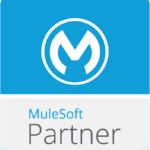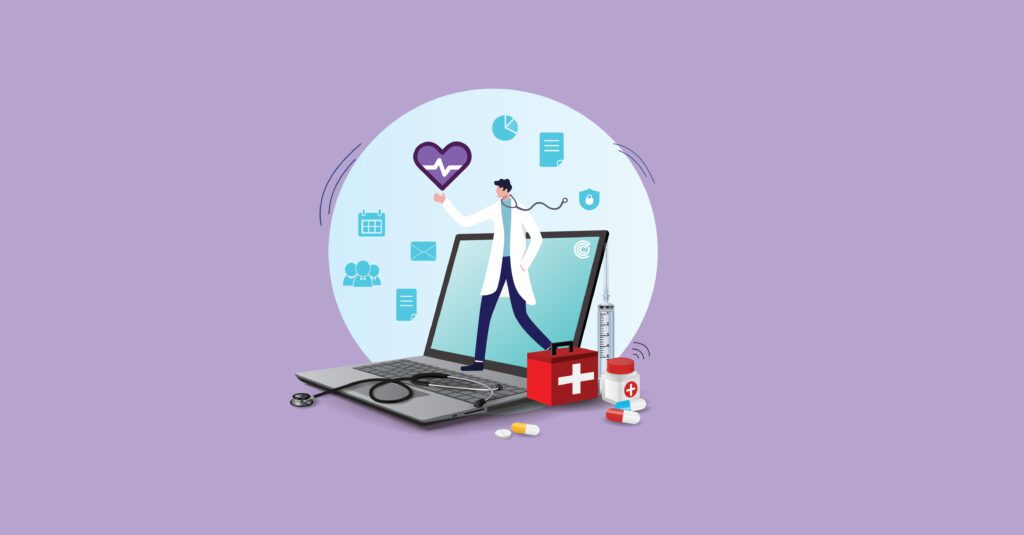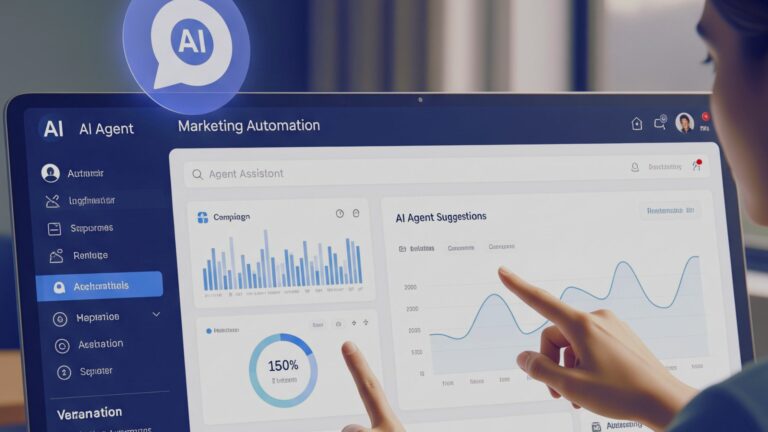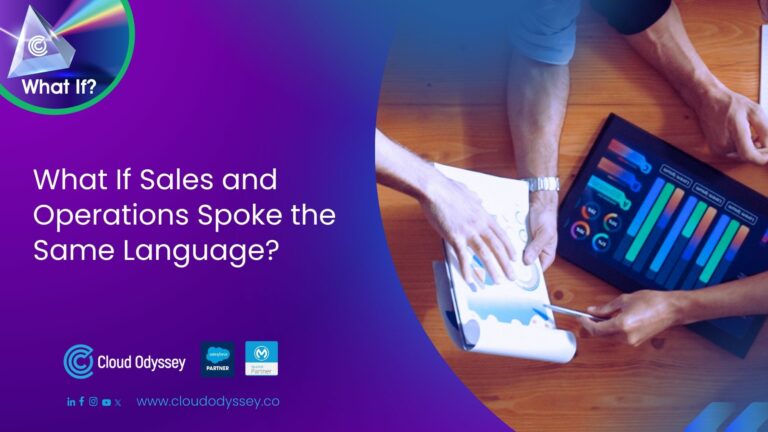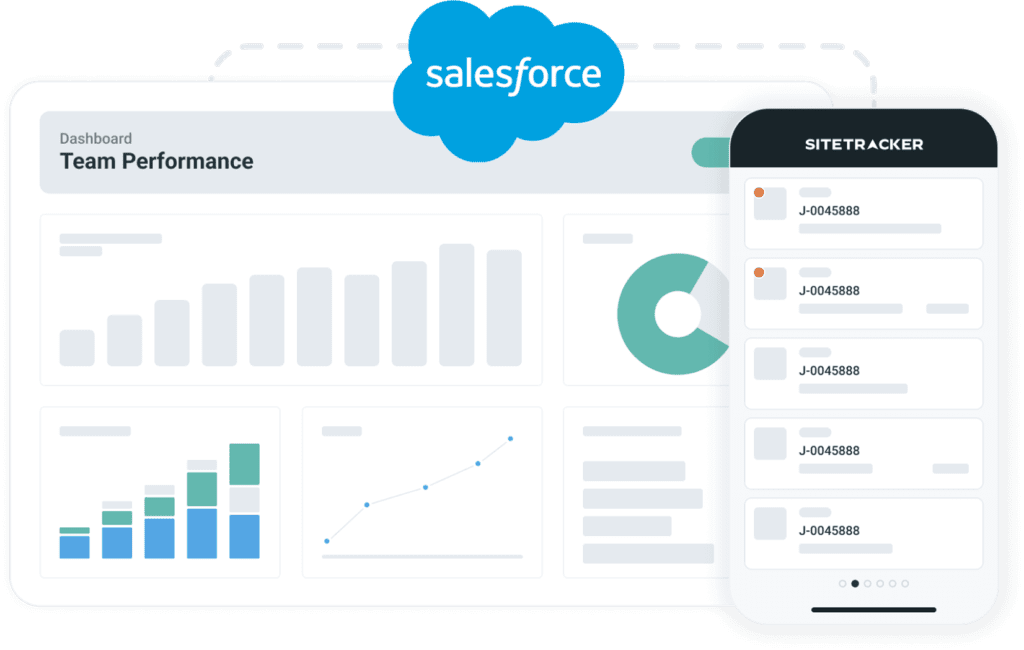Healthcare CRM for patient management – Introducing Salesforce Health Cloud
Over 600+ companies, including Lilly, Pacific Clinics, United Healthcare, Progyny, Stanley Healthcare, Humana, and many more, trust Salesforce Health Cloud for their patient management needs. Effective patient information management is vital for healthcare providers in the rapidly evolving healthcare industry. In this article, we will delve into the world of Salesforce Health Cloud, exploring its capabilities, features, integration options, and various benefits, including Salesforce Health Cloud security and architecture. Additionally, we’ll highlight our suite of cutting-edge accelerators designed to empower healthcare organisations.
What is Salesforce Health Cloud?
Salesforce Health Cloud is a cloud-based technology designed for the healthcare industry. Its main purpose is to centralise patient information, providing health workers with a complete view of patient records and enabling them to deliver more effective treatments.
Salesforce Health Cloud capabilities
Salesforce Health Cloud is a powerful platform for healthcare organisations, offering key capabilities like:
- Patient 360: Get a real-time, comprehensive view of each patient’s medical history, treatments, and outcomes, enabling better-informed decisions and improved care.
- Patient Management: Access a complete patient data overview, including medical history, treatments, and care plans, for easy tracking and collaboration across healthcare teams.
- Care Coordination: Facilitate effective care coordination by connecting healthcare professionals, caregivers, and patients, ensuring everyone is involved and informed.
- Case Management: Streamline workflows and automate processes with Health Cloud’s case management tools, ensuring timely resolution of issues and efficient management.
- Health Data Integration: Health Cloud integrates with various healthcare systems like EHRs, diagnostic tools, and wearables, consolidating data from multiple sources to offer a holistic view of the patient’s health.
- Analytics and Insights: Gain meaningful insights from patient data through robust analytics capabilities, helping healthcare providers identify trends, measure outcomes, and make data-driven decisions for better patient care.
- Operational Efficiency: Improve efficiency by automating workflows, streamlining processes, and reducing manual data entry. The platform also aids in compliance management and performance tracking.
- Clinical Decision Support: Make it easier for doctors to make decisions by connecting electronic health records (EHRs) to other clinical systems and giving them tools like drug interaction checkers and clinical guidelines to help them make smart choices.
- Population Health Management: Analyse patient data to identify trends and patterns, enabling better patient outcomes and cost reduction.
- Integration with Other Salesforce Products: Enjoy a seamless and unified experience by integrating Health Cloud with other Salesforce products like marketing and CRM tools.
- Telehealth and Remote Monitoring: Support virtual consultations, remote patient monitoring, and secure video conferencing to extend care beyond traditional clinical settings.
- Security and Compliance: Health Cloud prioritises security and compliance with industry standards such as HIPAA to safeguard patient information, as healthcare data is highly sensitive.
Salesforce in the Healthcare industry – How is Salesforce used in Healthcare?
Salesforce has become increasingly popular in healthcare organisations for several reasons. Here are some benefits and reasons why healthcare providers should consider using Salesforce Healthcare CRM:
- Improved Collaboration: Salesforce enables care teams to collaborate more efficiently, leading to better patient-provider interactions and improved health outcomes.
- Adaptability: Salesforce can adapt quickly and accommodate a variety of healthcare use cases. It offers tailored digital-first experiences at scale and fosters innovation.
- Patient Management: Salesforce’s healthcare CRM software, such as Health Cloud, can enhance patient relationship management and processes, providing a 360-degree perspective of patients and enabling a rich patient experience.
- Connectivity: Salesforce Health Cloud allows healthcare providers to connect siloed systems and create care teams composed of members from a patient’s care community, improving coordination and communication.
- Cost Reduction: Salesforce can help lower operating costs by streamlining processes and improving efficiency. It offers solutions like Salesforce Marketing Cloud to tailor patient acquisition and retention strategies.
Salesforce Health Cloud features
Salesforce Health Cloud boasts three main sets of features:
1. Data Privacy, Protection, and integration
As an important part of Salesforce DXP, Salesforce Shield includes trusted security tools like Shield Platform Encryption, Event Monitoring, and Field Audit Trail. These tools allow developers and administrators to build strong security into important applications.
These tools guarantee the complete security of patient and user information while facilitating seamless integration with patients’ electronic health records, ensuring their active involvement in their care.
The Health Service Executive (HSE), responsible for Ireland’s public health and social services, recognised the need for a flexible platform before the pandemic. By adopting Salesforce Health Cloud, HSE achieved data compliance, addressed COVID-19 vaccination challenges, and delivered a modern patient experience.
2. 360-Degree view of patient data
Salesforce Health Cloud offers healthcare professionals a comprehensive 360-degree view of patients, encompassing patient profiles, health records, timelines, and treatment plans. This eliminates the need to toggle between screens and platforms, saving valuable time and enhancing digital healthcare experiences.
To meet its patient engagement goals, Novartis, a Swiss multinational pharmaceutical company, transitioned from legacy systems to Salesforce Health Cloud, creating a versatile and multi-channel patient engagement platform. This switch provided valuable insights into the patient journey and facilitated the implementation of effective care programmes.
3. Care team productivity
The Health Cloud empowers care teams to provide excellent patient care more efficiently by offering access to innovative applications. For instance, household mappings provide insights into a patient’s home life, needs, and goals, enabling care teams to tailor their approach. Additionally, Salesforce surveys help gauge whether the care team adequately supports patients.
Capital District Physicians’ Health Plan (CDPHP), a physician-founded health plan provider with a significant membership, harnessed Health Cloud’s capabilities to create a connected health and marketing data system. This resulted in personalised campaigns, better marketing insights, and increased trust among all parties involved.
Salesforce Health Cloud architecture
The Salesforce Health Cloud architecture is a cloud-based system that provides healthcare organisations with a single view of the patient’s medical history and makes it easier to coordinate care between different providers.
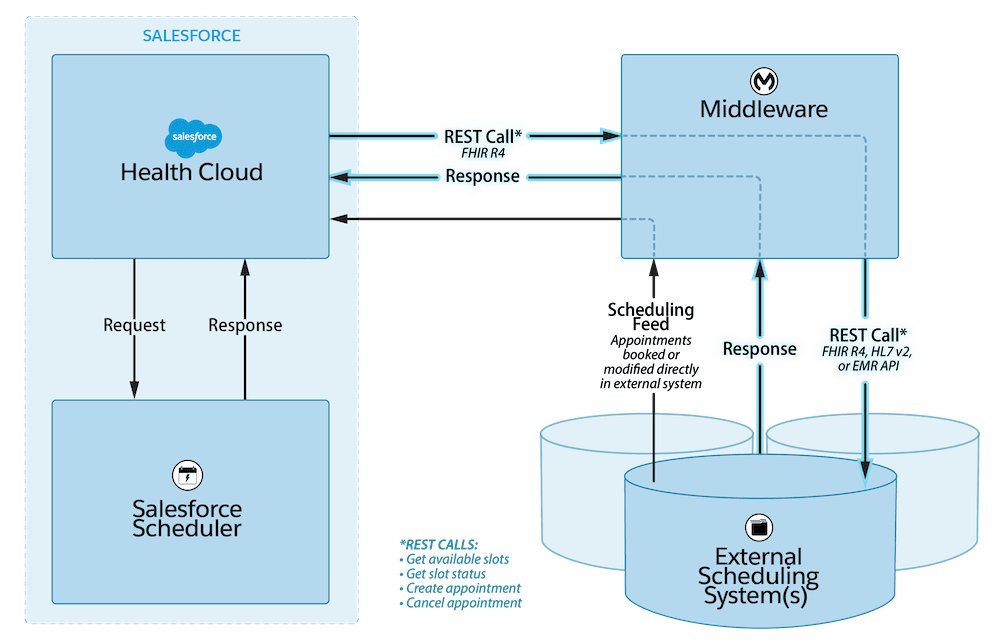
The Salesforce Health Cloud architecture consists of the following components:
- Salesforce Health Cloud: This core system manages patient care, offering features like appointment scheduling, care coordination, and patient engagement.
- Middleware: This layer integrates Salesforce Health Cloud with other systems, including electronic medical records (EMRs) and external scheduling systems.
- REST calls: are used for communication between different system components.
- HL7: A standard for exchanging healthcare data
The health cloud architecture includes various components such as leads, accounts, contacts, person accounts, cases, and activities. It also incorporates goals and problems through managed packages, Salesforce Shield for PHI compliance, and custom EHR tables from managed packages. Additionally, it encompasses payer, member, and plan coverage benefit data, as well as care request, care request drug, care request, and other care-related objects. Moreover, the architecture includes a customer community designed for patients’ use and utilises unmanaged packages for utilisation management. Lastly, it employs the Salesforce Lightning Console as part of its interface.
How the system operates
The system functions by receiving a request from a patient or provider, routing it to the appropriate system component, processing it, and returning a response. For example, if the request is for an appointment, the middleware will send a REST call to the EMR system to check the patient’s availability. If the patient is available, the middleware will send a REST call to the Salesforce Health Cloud to create the appointment. The system is fully compliant with HIPAA and other relevant regulations.”
Salesforce Health Cloud Security – Protect your Health Data with Salesforce shield
Salesforce Health Cloud is a secure platform for managing and storing healthcare data. It includes a number of security features to protect patient information, including:
- Platform Encryption: All data stored on the Salesforce Health Cloud is encrypted at rest. This means that even if an unauthorised user gains access to the platform, they cannot read the data.
- Event Monitoring: Salesforce Health Cloud tracks all user activity, including logins, data access, and record changes. This data can be used to identify and investigate suspicious activity.
- Field Audit Trail: Salesforce Health Cloud tracks all changes made to data fields. This information can be used to track down who made a change and when, which can help investigate data breaches.
- Role-based access control (RBAC): Salesforce Health Cloud uses RBAC to control who has access to what data. This means that only authorised users can view or edit sensitive data.
- Two-factor authentication (2FA): Salesforce Health Cloud supports 2FA, which adds an extra layer of security to user accounts. With 2FA, users must enter a code on their phone in addition to their password to log in.
Introducing Cloud Odyssey’s Salesforce Health Cloud accelerators
Purpose of the accelerators
Our accelerators address a wide range of healthcare needs, including:
- Inpatient Management: Optimise the management of inpatient services with real-time visibility into patient status and medical records. Ensure seamless admissions, track patient progress, and facilitate timely discharges for personalised and effective care.
- Care Plan: Empower care teams with tools to create, monitor, and adjust comprehensive patient care plans collaboratively. This accelerator promotes better outcomes and patient satisfaction.
- Care Team: Facilitate effective communication and coordination among care team members, including physicians, nurses, specialists, and caregivers. Ensure everyone is on the same page, promoting efficient and patient-centric care delivery.
- Home Plan: Extend care beyond the hospital walls with home-based care plans. Monitor patient progress remotely and enable patients to actively participate in their recovery journey.
- Referral Management: Enhance the efficiency of patient referrals to specialists and other healthcare providers. Seamlessly track and manage referrals, reducing wait times for patients.
- Doctor Verification: Ensure trust by verifying the credentials, licences, certifications, and clinical experience of medical practitioners. This accelerator ensures only qualified professionals are part of the care team.
- Ayushman Bharat Yojana Integration: For healthcare organisations in India, facilitate seamless integration with the national health insurance scheme. Streamline claim processing and ensure eligible patients receive the benefits they deserve.
- Discharge Summary: Automate the generation of comprehensive and accurate discharge summaries, promoting smooth care transitions and reducing the risk of readmissions.
Salesforce Health Cloud Pricing overview
Salesforce Health Cloud offers various pricing models tailored to the specific needs of different organisations:
Enterprise – $325 USD per user per month
Priced at $325 USD per user per month, this model provides comprehensive functionality for healthcare organisations. It includes patient management, care coordination, and personalised patient engagement.
Unlimited – $500 USD per user per month
At $500 USD per user per month, the Unlimited model not only includes all the features of the Enterprise model but also offers advanced capabilities such as analytics, customization options, and expanded data storage.
Life Sciences Enterprise – $250 USD per user per month
This model, priced at $250 USD per user per month, is designed for pharmaceutical and life sciences companies. It comes with features tailored to their unique requirements, such as clinical trial management and compliance tracking.
Life Sciences Unlimited – $425 USD per user per month
At $425 USD per user per month, the Life Sciences Unlimited model combines the features of the Unlimited model with specialised functionalities for life sciences organisations, including medical device optimisation and sales analytics.
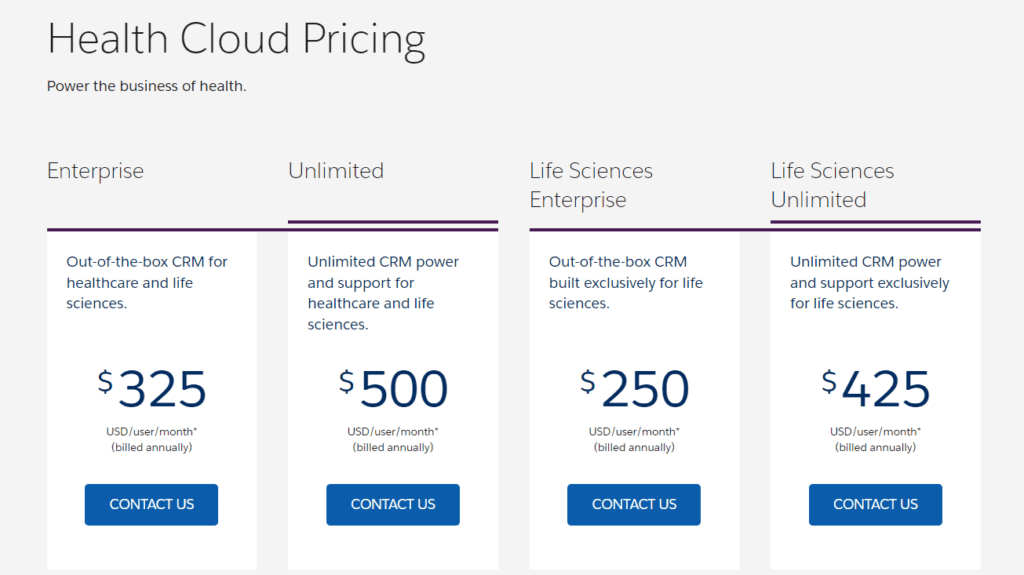
Compare Health Cloud editions and pricing plans
| Features of Salesforce Health Cloud | Enterprise$ 352USD/user/month* | Unlimited$ 500USD/user/month* | Life Sciences Enterprise$ 250USD/user/month* | Life Sciences Unlimited$ 425USD/user/month* |
| Clinical and Insurance Data Models | ✅ | ✅ | ❌ | ❌ |
| Virtual Care | ✅ | ✅ | ❌ | ❌ |
| Social Determinants | ✅ | ✅ | ❌ | ❌ |
| Care Plan Customization and Management | ✅ | ✅ | ❌ | ❌ |
| Utilisation Management | ✅ | ✅ | ❌ | ❌ |
| Assessments | ✅ | ✅ | ❌ | ❌ |
| Advanced Therapy Management | ✅ | ✅ | ✅ | ✅ |
Disclaimer: The above information is just for general use. For more specific information, don’t hesitate to contact our team at info@cloudodyssey.co or visit the official Salesforce website.
Final thoughts
- Health Cloud by Salesforce is a technology that operates on the cloud and caters to the healthcare industry. Trusted by over 600 companies.
- Main purpose: Centralise patient information for better patient management.
- Key capabilities: Patient 360, Patient Management, Care Coordination, Case Management, Health Data Integration, Analytics and Insights, Operational Efficiency, Clinical Decision Support, Population Health Management, Integration with other Salesforce products, Telehealth and Remote Monitoring, Security, and Compliance.
- Salesforce Health Cloud features data privacy, protection, and integration through Salesforce Shield.
- Architecture: Salesforce Health Cloud, Middleware, REST Calls, and HL7 for healthcare data exchange.
- System operation: receiving requests, routing and processing through components, HIPAA compliance
- Security features: platform encryption, event monitoring, field audit trail, RBAC, and 2FA.
- Cloud Odyssey’s Salesforce Health Cloud Accelerators offer solutions for inpatient management, care plans, care teams, home plans, referral management, doctor verification, Ayushman Bharat Yojana integration, and discharge summaries.
- Salesforce Health Cloud pricing models are: Enterprise, Unlimited, Life Sciences Enterprise, and Life Sciences Unlimited.
- Salesforce Health Cloud integrates patient data from various sources for personalised healthcare journeys.
Note: Cloud Odyssey requires writers to use primary sources to support their work. These include Salesforce’s official website and the Official Trailhead Site, with industry experts and other reputable publishers’ research where appropriate.
Source 1: Official Trailhead Site
Source 2: Salesforce’s official website


